We are exposed to toxins every day through the environment, skincare, food, cleaning products, and more – and as more time goes by, science reveals more about these toxins. Most recently, titanium dioxide has hit the news as a cause for concern. Is titanium dioxide safe in skincare? Here’s what you need to know about titanium dioxide.
What Is Titanium Dioxide?
Titanium dioxide is a mineral used as a color-enhancer in beauty products like lipsticks, sunscreens, toothpaste, and powders and food products such as coffee creamers, soups, sauces, salad dressing, and food supplements. It is also used as a thickening agent and improves opacity in products. It also helps give products a brighter and richer color.
Titanium dioxide is also used in sunscreens to protect the skin from UVA and UVB radiation. In beauty products, it’s usually nano-sized particles that are the concern. In cosmetics, these nano-sized particles can be consumed in lipstick and toothpaste.
Health Issues Linked to Titanium Dioxide
Titanium dioxide has made news recently because of a lawsuit involving Skittles. However, many other sweet treats, candies, and other food products besides Skittles also contain the substance. Few long-term human studies are available – more research is needed to better understand its role in human health.
However, animal studies reveal some concerns. Inhaling titanium dioxide dust has been linked to the development of lung tumors and lung cancer in animals. Exposure can irritate the eyes, nose, and throat. It can also cause skin irritation.
The National Institute for Occupational Safety and Health lists titanium dioxide as an “occupational carcinogen.” And in 2021, the Environmental Working Group reported:
“A scientific panel created by the European Food Safety Authority found that titanium dioxide ‘can no longer be considered as safe when used as a food additive.’ The panel, citing concerns about titanium dioxide’s genotoxicity, or its ability to damage DNA, based its conclusion on a review of hundreds of scientific studies.“
The European Union has banned titanium dioxide – the EFSA (European Food Safety Authority) has deemed it no longer safe as a food additive because they could not rule out the possibility that the substance could be genotoxic – which means a substance can change genetic material, including DNA.
Furthermore, the International Agency for Research on Cancer (IARC) has listed titanium dioxide as a Group 2B carcinogen – an agent that may be carcinogenic but lacks sufficient animal and human research.
Children are at higher risk of these issues due to a higher intake of pastries and candies, as well as their small body size. Reading labels carefully and eating minimally processed whole food can help the entire family avoid artificial ingredients.
Alternatives to Titanium Oxide
Most of the sunscreens on the market have harmful chemicals in them, and titanium dioxide is one of them. There are many other hormone-disrupting chemicals in many popular sunscreens, such as oxybenzone. These toxic chemicals can get absorbed through our skin, so it is better to use natural alternatives.
Zinc oxide is a safer alternative to titanium dioxide and oxybenzone. At The Spa Dr., we recommend using natural broad-spectrum mineral sunscreens – it goes on smoothly and protects your skin from UVA and UVB rays.
Other Common Toxic Ingredients in Cosmetics
If you opened up your cabinet and counted the toxins in your skincare products, the number you find might surprise you – or even shock you. Popular skin care products, even ones labeled “natural,” often hide toxic chemicals and ingredients you would never put on your skin or eat. This includes titanium dioxide.
Common toxic ingredients include:
- Fragrance – Often listed under other names, such as “natural fragrance” or “parfum” on labels
- Formaldehyde – Found in hair-straightening products, nail polish, skincare products, and other beauty products where it is used as a preservative to stop bacteria from forming
- Parabens – Used to extend the shelf life of products and labeled as propylparaben, benzylparaben, methylparaben, isobutylparaben, butylparaben and other names
- Oxybenzone – Used in sunscreen, studies have shown that oxybenzone can cause skin allergies, disrupt hormones, and accumulate in fatty tissues
- Teflon – Used to give products a smooth and slippery feel and as a binding agent, it has been linked to hormone disruption and slows the skin’s ability to heal, and accelerates wrinkle formation.
You can make safer choices by using EWG’s Skin Deep® database to check the rating of each skin care, cosmetic, or body care product you include in your routine. The Spa Dr.’s Daily Essentials skincare is EWG Verified so it meets their criteria for clean skincare. All products at The Spa Dr.® are free of hormone-disrupting toxic ingredients so you can feel confident about what you are putting on your skin, including our easy-to-use The Spa Dr. 4-Step Age Defying Skincare System.
You should never have to worry about how your skincare is impacting your health!
The Spa Dr.® Approach
At The Spa Dr.®, our approach is to help shine the light on the skin and health care information and offer our guidance to support you on your journey.
The Spa Dr.® offers natural skin care products that are safe and free from chemicals and toxins that can harm your skin and health. Our products are formulated to contain key nutrients in their pure and active form to provide optimal results. In addition, our products are pH balanced towards mild acidity to promote and protect a healthy skin microbiome.
If you are not already part of The Spa Dr.® community, please opt-in to receive our newsletter and join us on social media.
Share this article with your friends and spread the word to promote harmonized hormones and natural beauty!
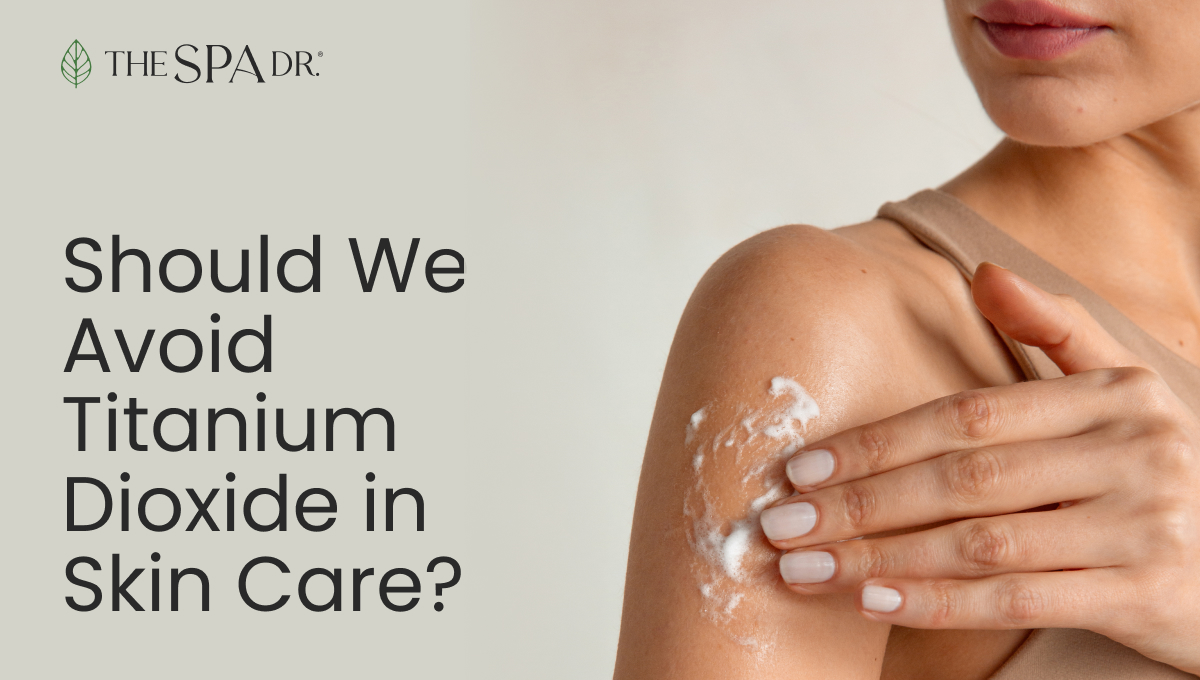
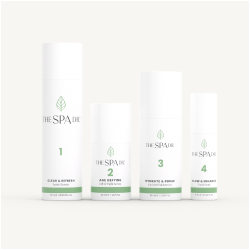
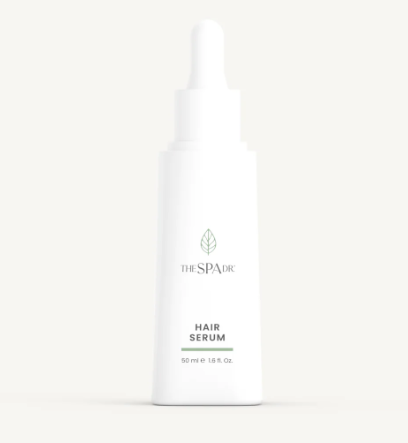
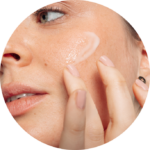

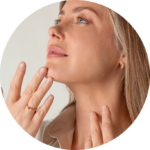

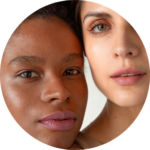
Reader Interactions